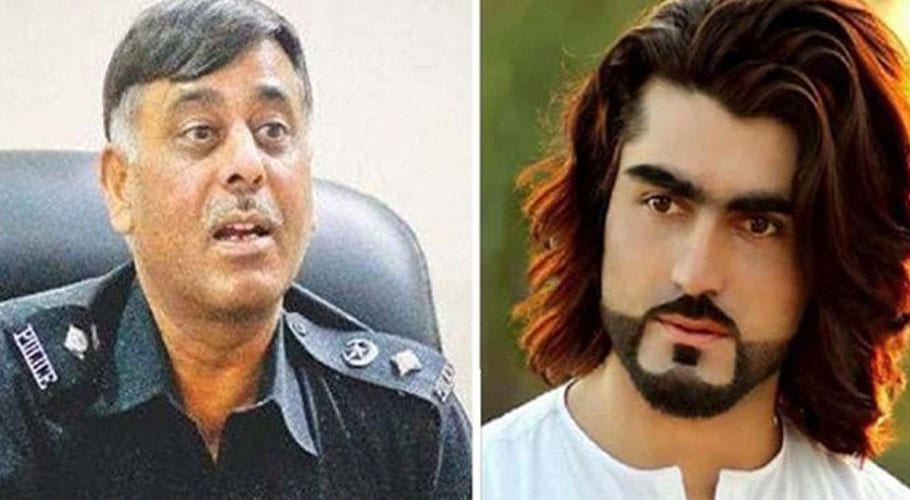The Indian Supreme Court on Monday declared the Indian Illegally Occupied Jammu and Kashmir (IIOJK) an “integral part” of India, overturning the special status granted under Article 370.
The judgment, delivered by a five-judge bench led by Chief Justice of India (CJI) Dhananjaya Yeshwant Chandrachud, comes four years after the Modi-led government unilaterally abrogated the region’s special status in August 2019.
The bench, which heard the matter for 16 days and reserved its verdict on September 5, upheld the government’s decision, stating that Article 370, which provided special status to the region, was a temporary provision. The court emphasized that the occupied territory had become an integral part of India, citing Article 1 and 370 of the constitution.
In addition to the verdict on Article 370, the Supreme Court directed the Election Commission of India to conduct elections in IIOJK by September 2024. The announcement has triggered preparations and heightened tensions across Jammu and Kashmir, anticipating potential conflicts due to the decision.
Chief Justice Chandrachud emphasized that the statehood of Jammu and Kashmir should be restored soon, noting that Article 370 is a temporary measure for the Union Territory. The ruling addressed three key points, stating that the State of J&K does not retain any element of sovereignty, Article 370 is a feature of asymmetric federalism and not sovereignty, and the power of Parliament under Article 356(1) is not restricted to law-making powers.
The Supreme Court’s decision, which rejected the petitions challenging the abrogation of Article 370, upheld it as a temporary provision in Jammu and Kashmir. The CJI clarified that the President could have applied all provisions of the Constitution to J&K with the concurrence of the Centre, without requiring the concurrence of the state assembly.
The judgment has significant implications for the region and has reignited discussions on the political landscape of Jammu and Kashmir. As the news unfolds, political leaders continue to voice their opinions, with the opposition pushing for the reinstatement of Article 370, which granted special status to the region.




































